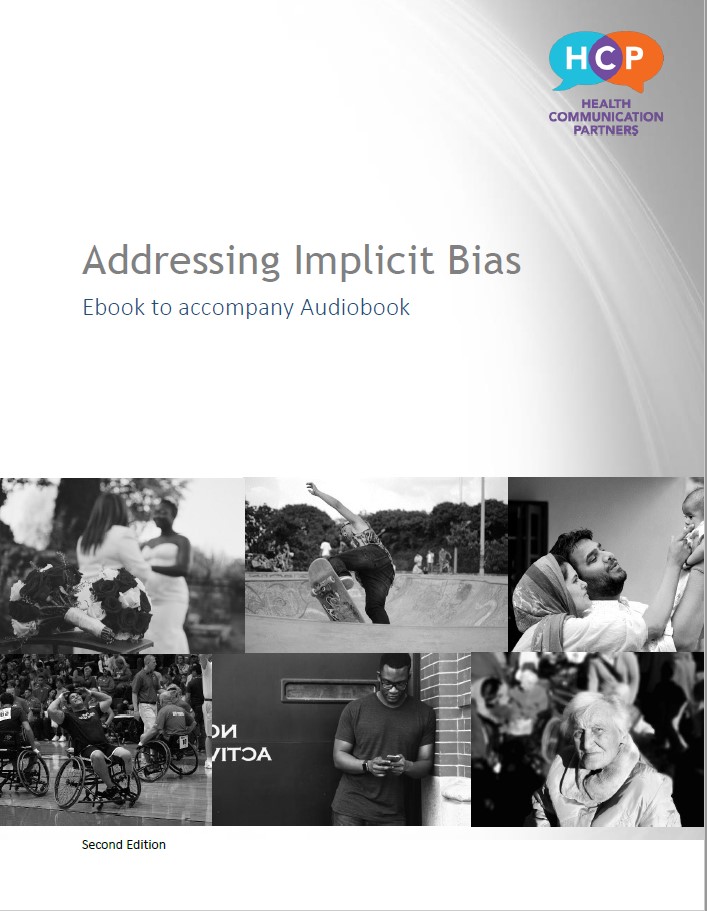Everyone has bias.
Implicit bias has been shown to contribute to health disparities. Recent research has shown how public health, medical care, and human service providers can unintentionally contribute to health disparities.
The evidence that physician behavior and decision making may contribute to racial inequalities in health care is difficult to reconcile with the fact that most physicians are genuinely motivated to provide good care to all their patients.” (Dr. Michelle Van Ryn, PhD, MPH and Dr. Somnath Saha, MD, MPH)
Some conversations about bias deal with microaggressions.
You may have heard about their prevalence, and the damage they do. Maybe you’ve talked about overhearing others’ microaggressions.
Many of you read this site and tune in to our podcast series because you value reflective practice, thoughtful and intentional use of language, and reducing health disparities. I argue all three of these are inextricably tied when it comes to microaggressions.
Why?
Because reflective practice means looking at ourselves.
This includes our own words and actions, and the assumptions sometimes hidden beneath them.
We all want our words and actions to flow from our values. So it’s jarring to think we may be unintentionally contributing to health disparities through the way we talk.
But the work it takes to address microaggressions and other manifestations of implicit bias can be difficult. It is often uncomfortable. It takes time.
Here is some support.
Addressing Implicit Bias Audiobook Bundle 2nd Edition
There are subtle ways our everyday language can unintentionally disadvantage certain social or cultural groups.
What’s more, ordinary institutional policies and practices can unwittingly reflect bias.
But there are research-based steps you can take, right now.
Based in decades of research on bias in language and policy, these materials share a commitment to reducing health disparities.
2 Hour audiobook
Learn on the go, at your convenience
60 page eBook
Follow along with audio, or read at your own pace. With hyperlinks to resources.
Power Point Presentation
Useful for groups or classes
References list
Go deeper on what’s most relevant to bias in your context
User’s Guide
Shows you how to get the most out of this bundle of resources
Research-based tools and support
Individual- and systems-level thinking
Culturally appropriate
Based on educational principles that reach all learners

